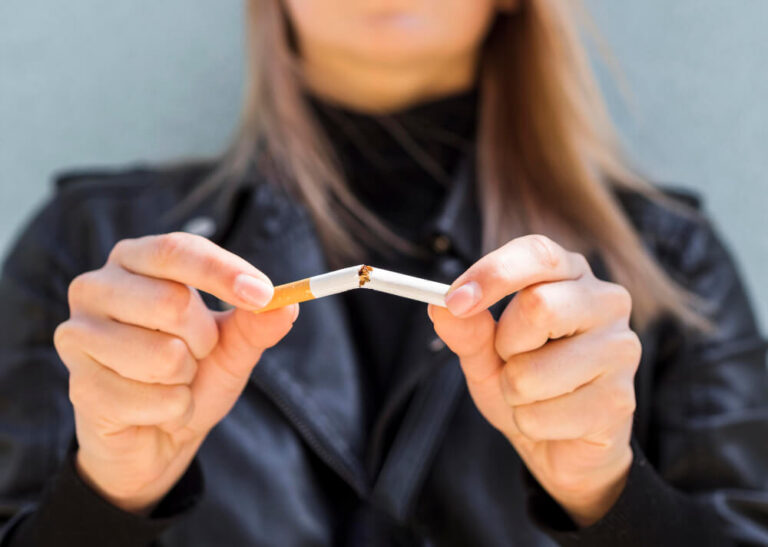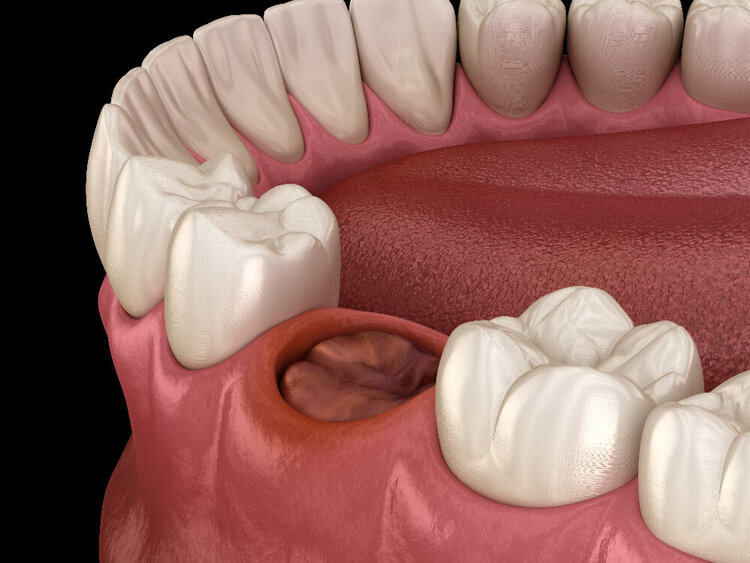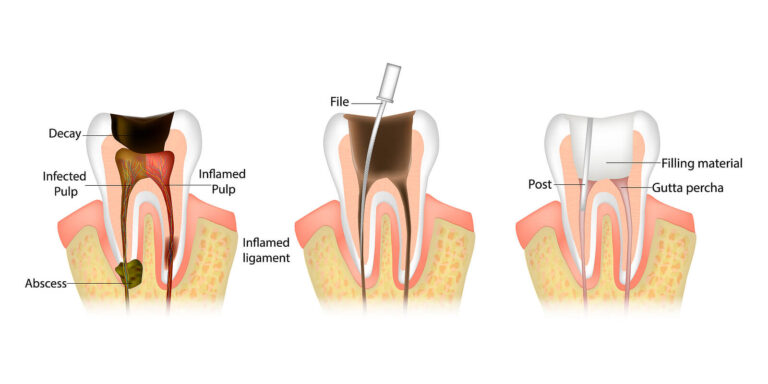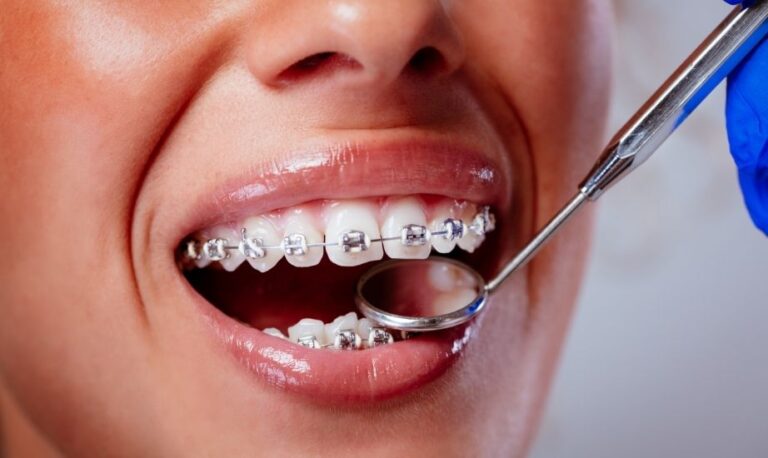
Newsletter Subscribe
Enter your email address below and subscribe to our newsletter

Enter your email address below and subscribe to our newsletter

Tooth Numbering System The tooth numbering system is a standardized method used by dental professionals to identify and reference each tooth in the mouth. In the Universal Numbering System, teeth are numbered from 1 to 32. The numbering starts with…

After an operculectomy, opt for soft, non-irritating foods such as mashed potatoes, yogurt, smoothies, applesauce, and broth-based soups. Stay hydrated with water and herbal teas. Protein-rich options like scrambled eggs, soft tofu, and smooth protein shakes are beneficial. Avoid spicy, crunchy, hard, and acidic foods to prevent irritation and ensure proper healing.

Can You Whiten Teeth While Pregnant? Whitening teeth while pregnant is a common concern. Many pregnant women wonder if tooth whitening is safe during pregnancy. Generally, dentists recommend postponing professional teeth whitening procedures until after childbirth. Hormonal changes during pregnancy…

You should avoid smoking after a root canal for at least 24 hours. Smoking can impede healing, increase the risk of complications, and cause dry socket in cases where tooth extraction is involved. For optimal recovery, refraining from smoking for a few days post-procedure is recommended.

You can eat ramen noodles a few days after removing your wisdom teeth. Choose soft noodles and ensure the broth isn't too hot. Chew on the side opposite the extraction site to avoid disrupting the healing process. Initially, stick to liquids and very soft foods for 24 to 48 hours post-surgery to aid healing and prevent complications.

To prevent dry socket after tooth extraction, avoid smoking and using straws, and maintain oral hygiene with gentle rinsing. Opt for soft foods and avoid physical exertion in the initial days. Be cautious with activities that could increase mouth pressure, like sneezing or spitting, to protect the blood clot that forms in the socket.

Humans typically have two sets of teeth over their lifetime. As children, they develop 20 primary or baby teeth, which begin to appear around six months of age. As adults, they have 32 teeth, including incisors, canines, premolars, and molars. This adult set includes four wisdom teeth, which may emerge in the late teens or early twenties. The total can vary if wisdom teeth are removed or never develop.

Root canal treatment is necessary when the inner pulp of a tooth becomes infected or inflamed. During the procedure, the dentist removes the damaged pulp, cleans the inside of the tooth, and fills it with a material called gutta-percha. The tooth is then sealed and often capped with a crown to restore its function and appearance, ensuring its longevity and health.

To whiten teeth with braces, focus on consistent and effective oral hygiene. Use a whitening toothpaste that's safe for braces, designed to reduce surface stains without damaging the orthodontic appliances. Regular brushing and flossing, especially after meals, help prevent plaque buildup which can lead to staining

There's no strict age requirement for getting braces; treatment typically begins between ages 8 and 14, as children's bones are still growing and teeth are more conducive to alignment. However, adults can also receive braces at any age if their gums and teeth are healthy, showcasing the versatility of this orthodontic treatment.
Dental articles in your inbox. Subscribe